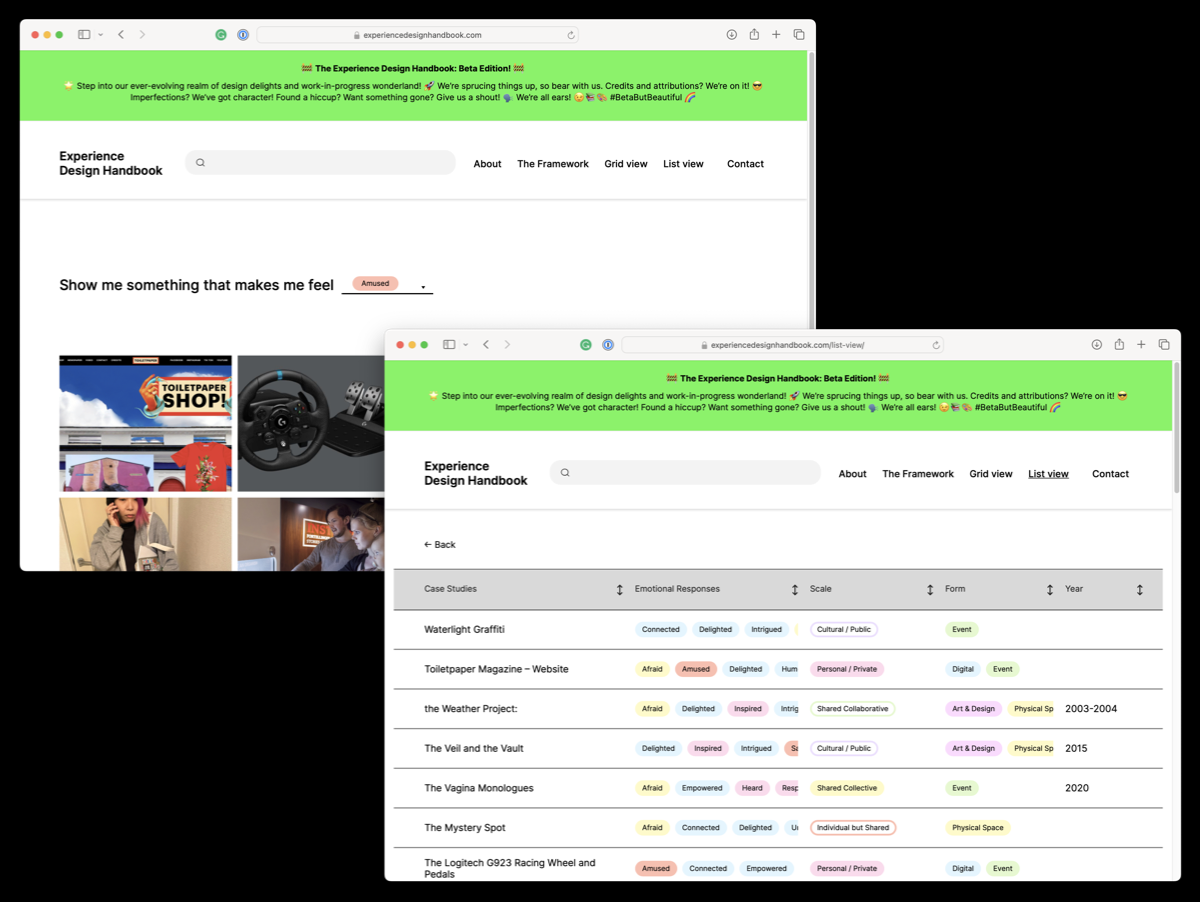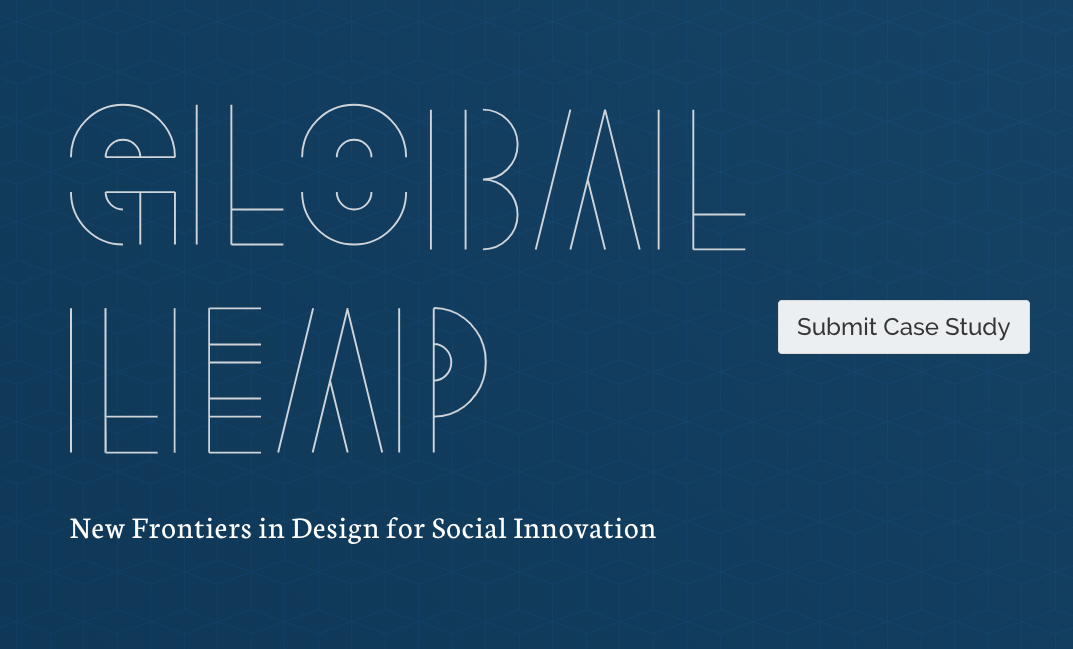Nicholas Rock
Associate Professor
Boston University
In both teaching experience design and working in a client-based practice, I have found sourcing clear case studies, examples, and references incredibly challenging and time-consuming. Recognizing the need for an accessible resource for experience design work, I have initiated a project to organize and catalog resources to facilitate specific reference searches and discover new information. The development of an introductory experience design course and my practice in design strategy provided the basis for a foundational framework. Initially designed to help teach design students, it was later adapted for my design work to enhance customer experience strategies. The framework categorizes experiences by scale, emotional response, and form to ensure a broader and more holistic understanding of experience design, benefiting designers, educators, and students.
Groups of students taking an Experience Design course utilized the framework to populate a database with more than 200 initial case studies. These case studies are a learning resource for subsequent classes, demonstrating the framework’s practical application and refinement. I additionally leveraged the Undergraduate Research Opportunities Program at Boston University to employ two undergraduate graphic design students in the project’s continued development, refinement, and evolution.
The result is a public database and guide for experience design—a resource that enables unexpected connections and discoveries across all forms of experience design. It helps to identify, archive, and contextualize a wide range of examples, making them accessible and valuable to future students and designers.
The work was intentionally published as a web-based resource, eventually welcoming contributions from a global community. This ensures its growth, adaptability, and continued insights on a broad scale. It has been designed to inspire curiosity and broaden perspectives of experience design and serves as a unique and ever-evolving collaborative resource for the design and design education communities.
This design research is presented at Design Incubation Colloquium 11.1: Boston University on Friday, October 25, 2024.

